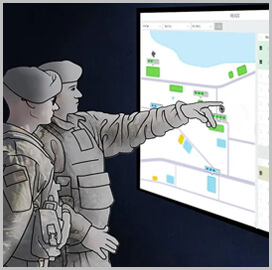The National Science Foundation’s Office of Advanced Cyberinfrastructure has announced its interest in receiving Early-concept Grants for Exploratory Research — a.k.a. EAGER — proposals and supplemental funding requests for demonstration projects as part of the National Artificial Intelligence Research Resource Pilot.
According to a Dear Colleague Letter published Tuesday, the demonstration projects will be undertaken by teams of AI researchers, cyberinfrastructure specialists and domain scientists who are addressing research challenges that use or rely on one or more NAIRR Pilot resources.
NSF expects the multidisciplinary efforts to lead to scientific publications and demonstrate potential capabilities of a future NAIRR.
Interested stakeholders should first submit a three-page concept outline to NSF. The concept outlines should include a problem statement describing a specific research challenge, a draft budget and a description of the proposed work and NAIRR resources that will be required to perform the work.
NSF will return without review EAGER proposals and funding requests to parties that didn’t both submit an initial outline and were subsequently invited to fully submit by NSF.
“EAGER proposals and supplemental funding requests for demonstration projects submitted by July 10, 2024, will have the highest opportunity to be funded in FY2024. Submissions after July 10, 2024, may be considered in FY2025,” the letter states.













